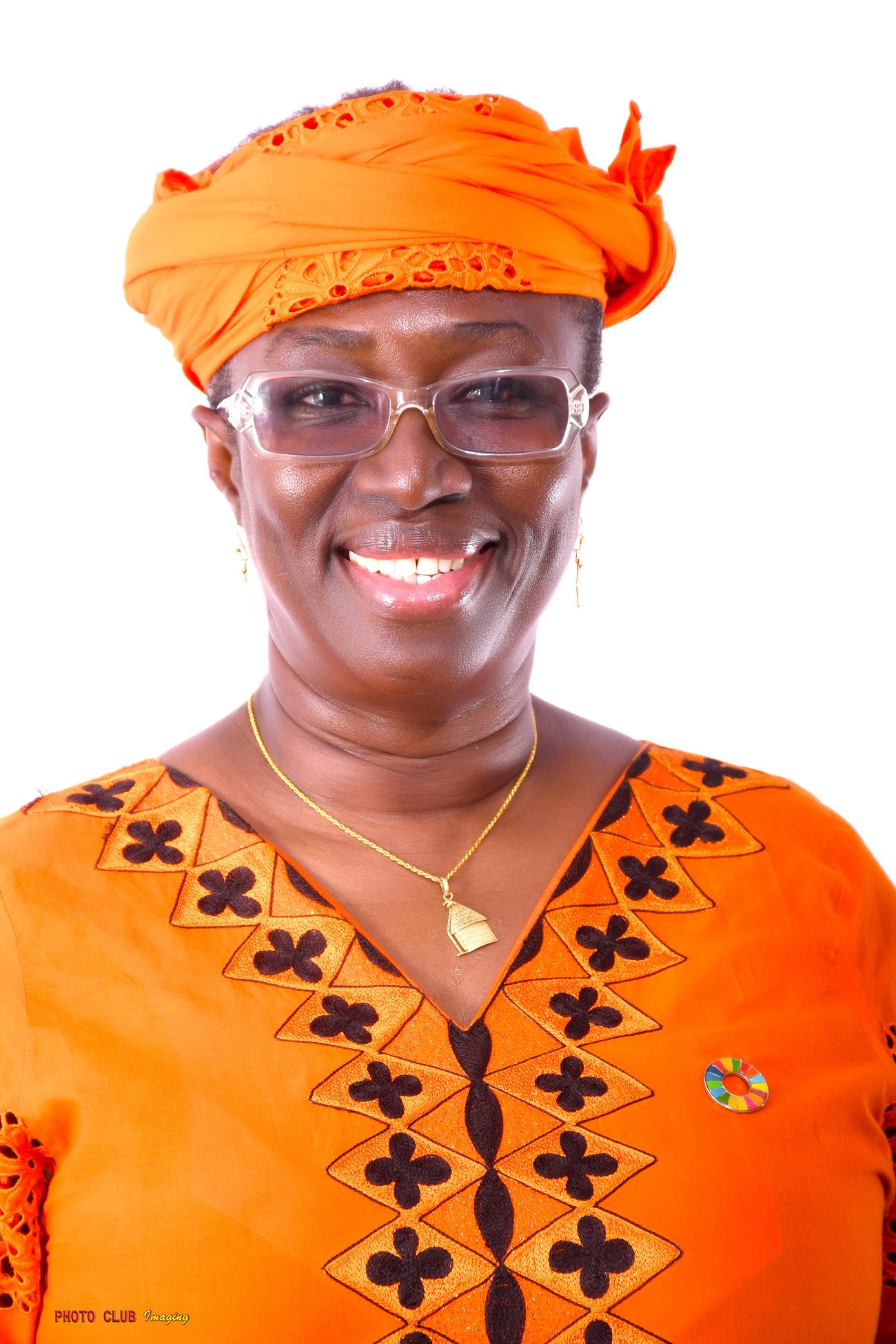Globally, we are at a critical moment in history, facing growing crises, the COVID-19 pandemic, climate disruption, environmental degradation, conflicts, and the consequent global economic crisis along with rising inequalities. But we also have an enormous opportunity to transform the global economy and usher in an era of greater wellbeing and prosperity.
The world’s Least Developed Countries (LDCs), Malawi included, are in a race against time to deliver the Sustainable Development Goals by 2030. The remaining years need to usher in a new global partnership to ensure these 46 countries transform their economies and achieve accelerated and sustained social-economic development.
The Fifth United Nations Conference on the Least Developed Countries (LDC5) is a once-in-a-decade opportunity to accelerate sustainable development in the places where international assistance is needed the most and to tap the full potential of the LDCs helping them make progress on the road to prosperity.
The LDC 5 is scheduled to take place in Doha-Qatar from 5th-9th March 2023 under the leadership of the United Nations Office of the High Representative for the Least Developed Countries, Landlocked Developing Countries and Small Island Developing States (UN-OHRLLS). Hosted under the theme “From Potential to Prosperity,” the LDC5 conference will bring together world leaders, the private sector, the civil society, parliamentarians, and young people to advance new ideas and raise new pledges of support and spur delivery on agreed commitments through the Doha Programme of Action (DPoA).
This will be one of the biggest gatherings of world leaders in 2023, aiming to present an ideal opportunity to accelerate sustainable development and tap into the full potential of the LDCs.
The conference offers a platform to lift the world’s least developed nations, including Malawi, out of poverty by building momentum around the implementation of the Doha Programme of Action. Discussions will focus on key issues facing LDCs including climate change, financing for development, sustainable energy, resilience building, gender, youth empowerment, innovation and digitalization, trade, south-south cooperation, and knowledge sharing.
For Malawi, the DPoA systematically aligns with the Malawi 2063 and the desire to be an inclusively wealthy and self-reliant industrialized upper-middle-income country by the year 2063. It offers a pathway to strengthen national efforts to eradicate poverty and build capacity to leave no one behind; leverage the power of science, technology, and innovation to fight against vulnerabilities; support structural transformation as a driver of prosperity; enhance international trade and regional integration; address climate change, and environmental degradation among others.
Malawi is scheduled to handover the chair of the LDCs after completion of its tenure. One of the major milestones for the country during its tenure was overseeing the successful review of the 2011 -2020 Istanbul Programme of Action and the development and adoption of the DPoA.
Malawi’s participation at the LDC5 Conference and subsequent implementation of the DPoA is expected to help the country to accelerate delivery of the Malawi 2063 first 10-year implementation plan (MIP-1) by improving economic infrastructure to promote exports and take advantage of the African Continental Free Trade Area (AfCFTA), spur foreign direct investments, improve human capital productivity, promote vibrancy and dynamism of the private sector to graduate the country to middle-income status, and promote climate change management and ecosystem conservation.
As highlighted by the United Nations Secretary-General António Guterres ‘’the Doha Programme of Action reminds us that global recovery depends on LDCs getting the support they need.” The UN in Malawi is therefore committed to support the Government of Malawi and all stakeholders to accelerate achievement of Malawi 2063, the SDGs and realise Malawi’s vision of an inclusively wealthy and self-reliant industrialized upper-middle-income country by the year 2063 through this Programme of Action.














